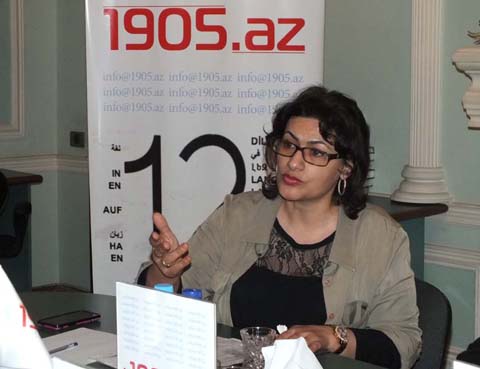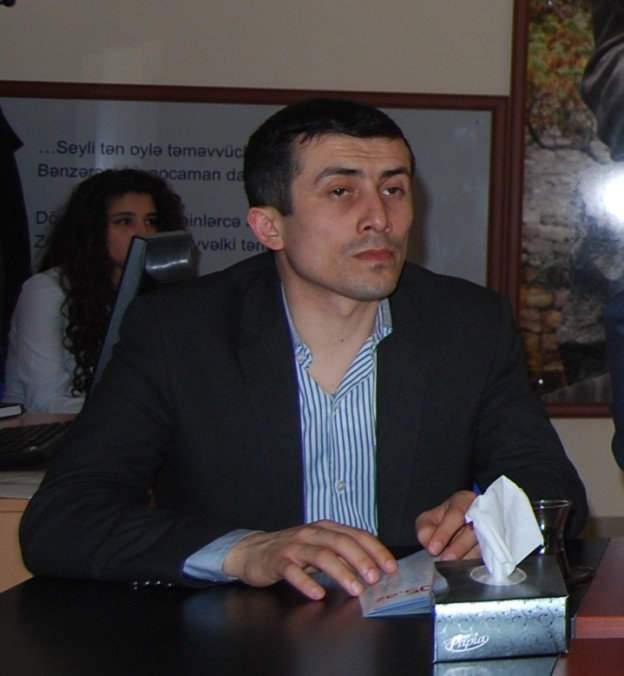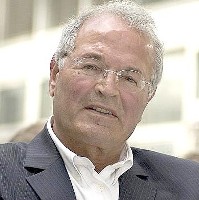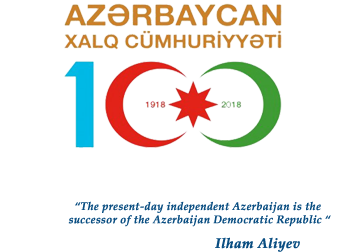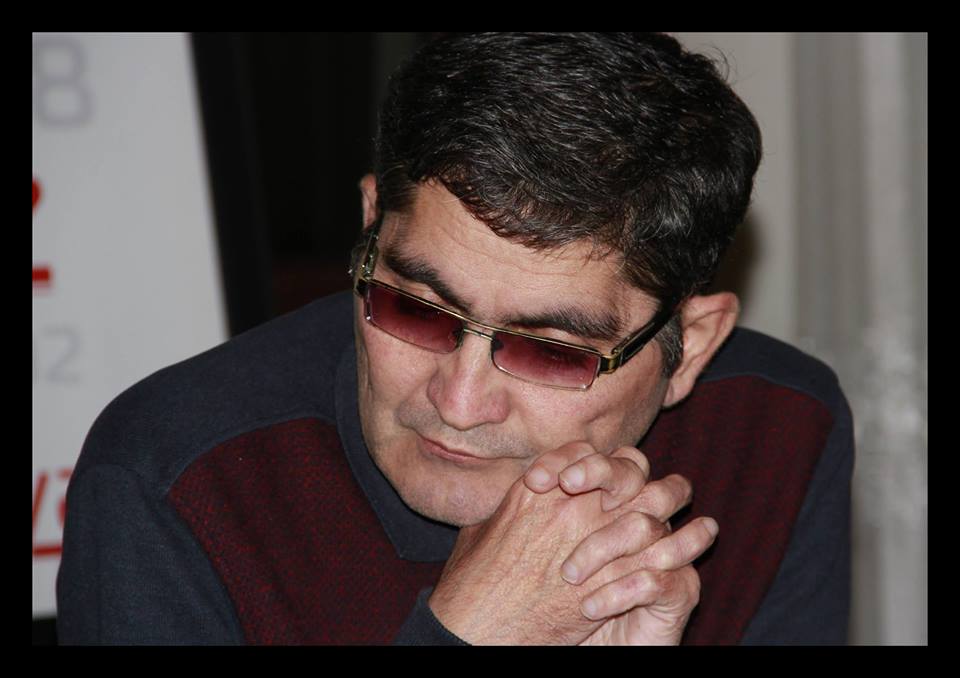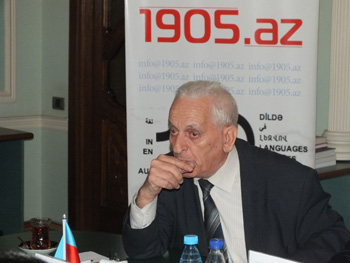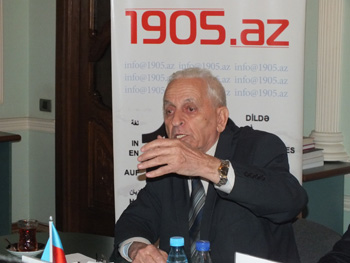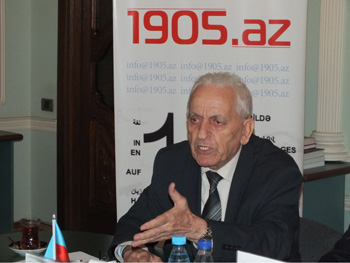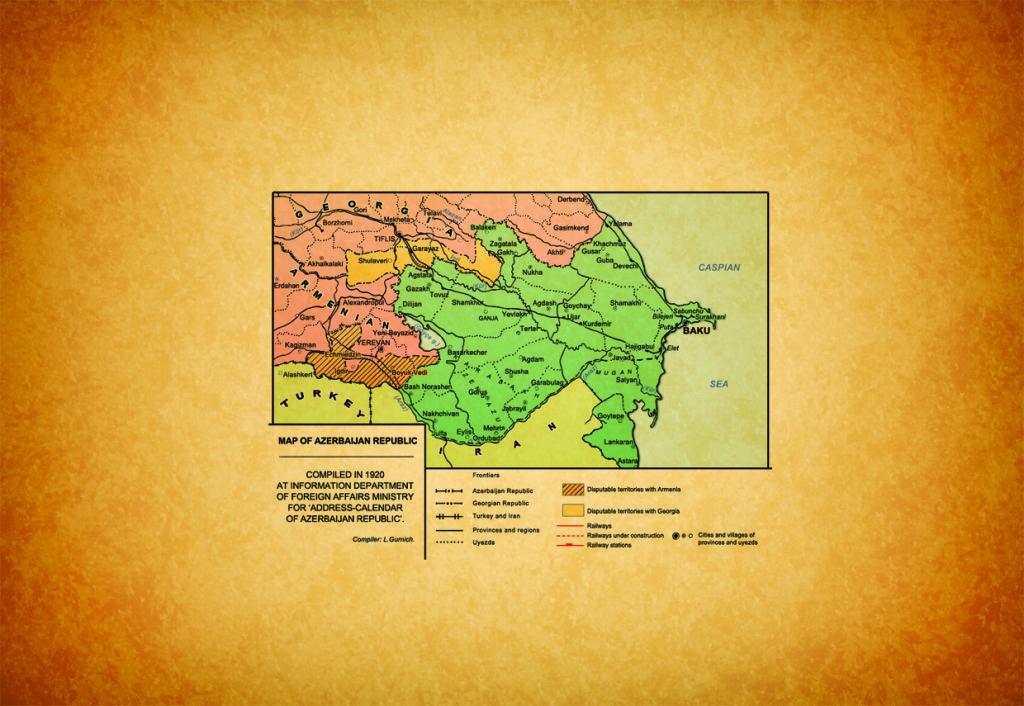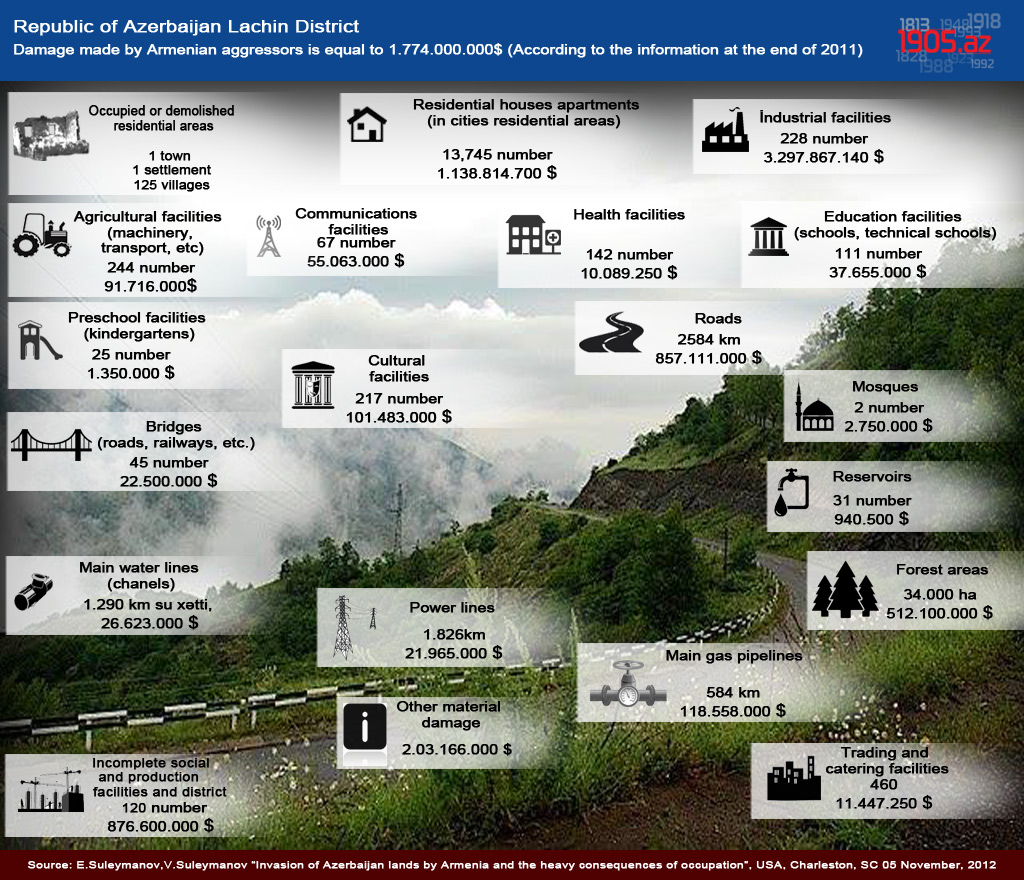Interview with Gareth Jenkins, non-resident Turkey expert at the USA’s Johns Hopkins University.
– The U.S. co-chair of the OSCE Minsk Group, James Warlick has left for Turkish capital of Ankara on Monday. “Leaving today for Ankara. I look forward to hearing Turkey’s views,” he wrote on his page on Twitter. It is for a first time when mediator on NK admits that he wants to know Turkish position on the issue. How can you explain that?
-I think the US has always been aware that Turkey is closely following the Nagorno-Karabakh situation. But Turkey’s ability to help broker a solution is very limited. The only card that Ankara has to play is an improvement in Turkish-Armenian relations, such as full diplomatic recognition and opening the land border. And I don’t think that this is a big enough carrot to persuade the Armenians to change their position on Nagorno-Karabakh.
–The U.S. rejected so far a direct link between NK conflict and Turkish-Armenian rapprochement process. Does this visit mean that decision-makers in Washington change their mind?
-I think there is now a realization in Washington that there is a link, even if it is not a direct one. Both Turkey’s bilateral relations with Azerbaijan and Turkish public opinion mean that Ankara cannot push ahead with a rapprochement with Armenia unless there is movement on Nagorno-Karabakh. Even if there is no direct link, movement on Nagorno-Karabakh is a prerequisite for an improvement in ties between Armenia and Ankara. This doesn’t mean that there will automatically be a rapprochement if the Nagorno-Karabakh issue is resolved. For example, there are still major differences of opinion about what happened in 1915-16 and we are now approaching the hundredth anniversary. But it is difficult to see how there can be a rapprochement without movement on Nagorno-Karabakh.
–Foreign ministers of Azerbaijan, Turkey and Georgia have met this week in Ganja to discuss mutual cooperation. There is another regional triangle cooperation format – Azerbaijan-Turkey-Iran. How can you explain Turkish interests in such cooperation?
-The foreign policy of Turkey’s ruling Justice and Development Party (AKP) is in shambles. It has gone from its declared goal of “zero problems with neighbors” to problems with virtually all of its neighbors. With most of them, it looks as if the problems will continue for some time. Georgia and Azerbaijan are two countries where there is scope for progress, particularly in energy and transportation. I am less optimistic about prospects for triangular cooperation between Azerbaijan, Turkey and Iran. Even though tensions between Ankara and Teheran have eased a little in recent months, I still see Turkey and Azerbaijan on one side and Iran on the other as regional rivals rather than allies.
–Armenia relies on Russia and Diaspora, while Azerbaijan prefer rely on its economic power. Will the Armenian’s membership in the Custom Union change the balance of power in the region or just strengthen a status-quo?
-I think it will strengthen Armenia’s position but not by very much. Economically, the gap between Azerbaijan is already big and is likely to continue growing.
–May the Azerbaijan-Turkey-Georgia-Iran format become a serious rival for Armenia-Russia format in the region?
– If the four countries were able to form a solid bloc then I don’t think that there is any doubt that it would form a serious obstacle to Russia’s ambitions in the region. But I can’t see Iran forming a strategic alliance with Azerbaijan, Turkey and Georgia. I think Teheran is likely to pursue a more subtle policy. And the Russians are not fools. We have recently seen Moscow enter into detailed discussions with Teheran about buying Iranian oil and building another nuclear reactor. So Russia is already looking to strengthen its relations with Iran.
–Azerbaijan has been trying to restore its territorial integrity by peaceful means, proposing to Armenia to gain from regional cooperation (including joint with Turkey energy and transport projects) after this country withdrawal its troops from Azerbaijani territory. May we hope that one day this proposal will be accepted?
-The issue of Nagorno-Karabakh is now 20 years old. The Armenian attempts to portray it as a military fait accompli and move on have failed. If not, we wouldn’t still be talking about it. Of course, Azerbaijan is now militarily much stronger than Armenia. But the terrain in Nagorno-Karabakh is very difficult. And I don’t think an Azeri military operation would provide a long-term solution either. In the end, I think there has to be some form of negotiated solution. And Armenia would certainly benefit economically from a resolution of the issue – not least because it could lead to an opening up of its borders to the east and the west. But, at the moment, I am more hopeful than confident that there will be an imminent breakthrough.

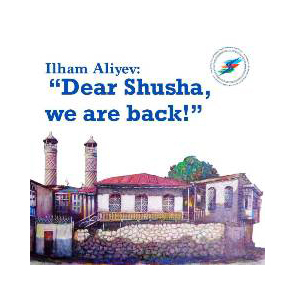
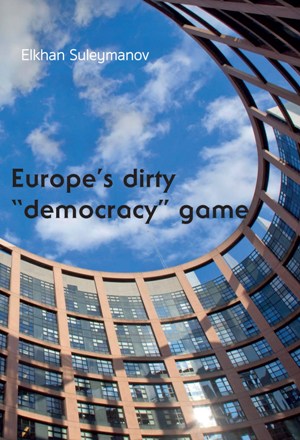
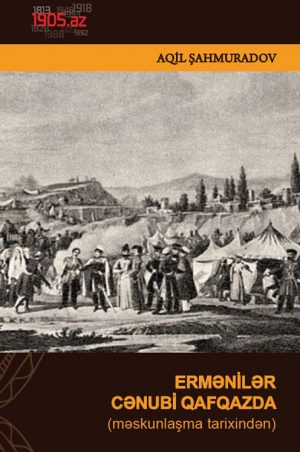





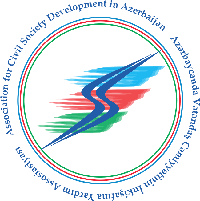
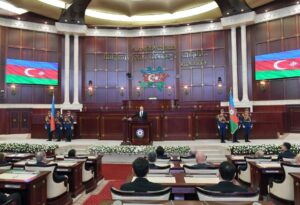 Inauguration ceremony of President of Azerbaijan Ilham Aliyev was held
Inauguration ceremony of President of Azerbaijan Ilham Aliyev was held Ilham Aliyev wins presidential election with 92.05 percent of votes VIDEO
Ilham Aliyev wins presidential election with 92.05 percent of votes VIDEO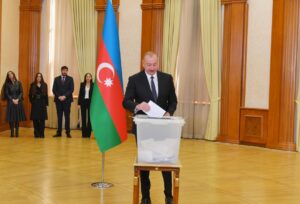 President Ilham Aliyev, First Lady Mehriban Aliyeva and family members voted in Khankendi VIDEO
President Ilham Aliyev, First Lady Mehriban Aliyeva and family members voted in Khankendi VIDEO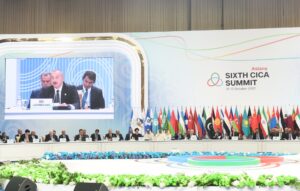 Plenary session of 6th Summit of Conference on Interaction and Confidence Building Measures in Asia gets underway in Astana. President Ilham Aliyev attends the plenary session VIDEO
Plenary session of 6th Summit of Conference on Interaction and Confidence Building Measures in Asia gets underway in Astana. President Ilham Aliyev attends the plenary session VIDEO President Ilham Aliyev was interviewed by Azerbaijani TV channels in Prague VIDEO
President Ilham Aliyev was interviewed by Azerbaijani TV channels in Prague VIDEO



